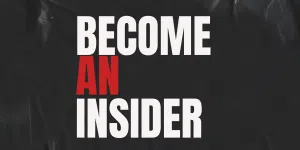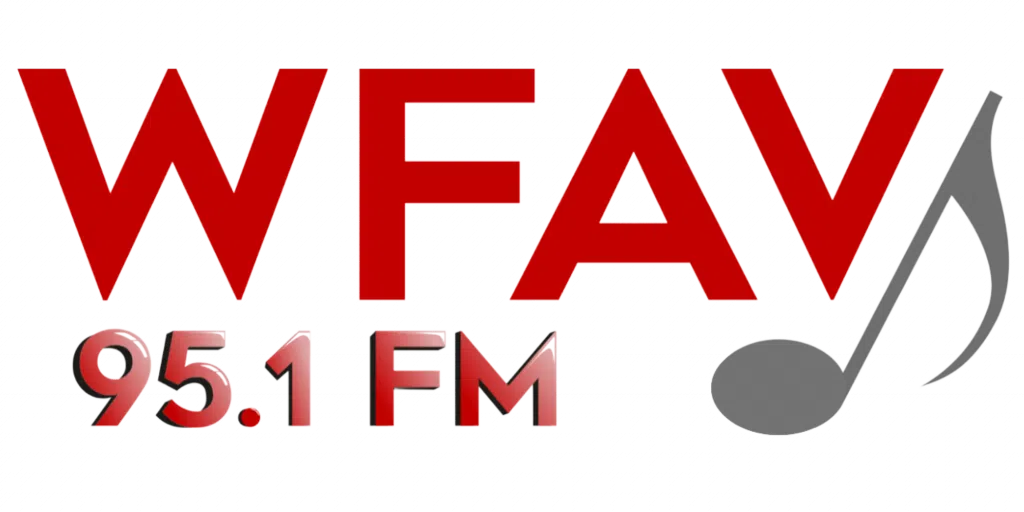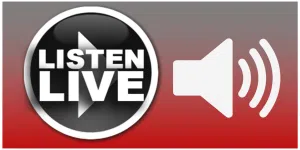Audio Player
Audio Player
Audio Player
Audio Player
Audio Player
Audio Player
Audio Player
Audio Player
It was 58 years ago today (February 7th, 1964) that the Beatles landed at New York's JFK Airport launching what has become known as the "British Invasion" and forever changing the face of popular music — along with literally everything that came after — arguably marking the modern world's cultural "big bang." The group's trip took in three appearances on The Ed Sullivan Show — one being pre-taped prior to their first live appearance, and two full-scale concerts: the first at Washington, D.C.'s Washington Coliseum on February 11th — one year to the day of recording their debut UK album, Please Please Me — and a second show on February 12th at New York's prestigious Carnegie Hall.
Once in New York, George Harrison fell ill with a 102-degree temperature and missed the following day's photo shoot in and around Central Park and a camera blocking session at the midtown CBS studio. He was well enough to recover for the show without incident.
Prior to the visit, on January 20th, 1964, the album Meet The Beatles was released. Although, it wasn't the first Beatles record released in America; Vee-Jay's Introducing The Beatles beat the band's Capitol Records debut by just short of six months, it was Meet The Beatles, with its hit chart-topper "I Want To Hold Your Hand" that kick started the post-Kennedy '60s, the British Invasion, and completely revolutionized how music was written, played, sung, and produced. On February 1st, 1964, Meet The Beatles entered Billboard's Top 100 LP listings at Number 92, jumping the next week to Number Three, and the following week — February 15th, 1964 — hitting Number One for the first of 11 weeks.
Despite Paul McCartney's claims, the Beatles did not wait until topping the U.S. charts to come to America. The logistics of waiting until February 1st, 1964 to plan the group's entire itinerary — including lodging, travel, security, and numerous contracts — would be nothing short of ridiculous. "I Want To Hold Your Hand" knocked Bobby Vinton's "There! I've Said It Again" out from the top spot and stayed at Number One for a whopping seven straight weeks, before being toppled by the Beatles' own "She Loves You," which after two weeks was overturned on April 4th, 1964 by the band's official new single, "Can't Buy Me Love" — the same week that "Fab Four" made history by holding down the Top Five positions in the Billboard singles chart.
Sunday night (February 9th) marks the 55th anniversary of the Beatles' American debut on The Ed Sullivan Show. Seen by over 73 million viewers, the show has gone on to become one of TV's most iconic moments, much like Neil Armstrong's 1969 walk on the moon. The Beatles performed twice, both opening and closing the program.
Here's Ed Sullivan's legendary introduction from that night's show: ["Now yesterday and today, our theater's been jammed with newspapermen and hundreds of photographers from all over the nation, and these veterans agreed with me that the city never has witnessed the excitement stirred by these youngsters from Liverpool who call themselves the Beatles. Now tonight, you're gonna twice be entertained by them — right now, and again in the second half of our show. Ladies and gentlemen — the Beatles! (screams)"] SOUNDCUE (:20 OC: . . . gentlemen — the Beatles.)
The group performed a total of five songs that night: "All My Loving," "Till There Was You," "She Loves You," "I Saw Her Standing There," and their then-current Number One hit "I Want To Hold Your Hand." One of the more memorable parts of the show was during "Till There Was You," when the screen dimmed as each Beatle was highlighted with his name appearing on the screen. John Lennon didn't know it at the time, but an additional caption saying "Sorry Girls — He's Married" was added under his name.
What many people don't know is that their legendary Sullivan appearance was actually their second of the day. Prior to the live February 9th broadcast, the Beatles taped a future segment for Sullivan's February 23rd show. After that, the audience was cleared for the live broadcast.
Up until the group's break-up in 1970, they continued to send promo clips of their latest singles to be aired on The Ed Sullivan Show — including "Paperback Writer," "Strawberry Fields Forever," "Hello, Goodbye," and "Let It Be."
Ringo Starr recalled that the group was sweating over getting the sound right for the show — right up to the last minute: ["The main thing I was aware of when we did the first Ed Sullivan Show was that we rehearsed all afternoon. Y'know, TV was such bad sound, so we would have 'em, like, tape our rehearsals, and we'd go up and we'd mess with the dials, y'know, that they had in the control booth. So we'd sort of got it all set with the engineer there, and we went off for a break, and — the story has it, 'cause we didn't see it — but the cleaner came in (laughs) while we were out, and she came to clean the room and the console, and thought, 'What are all these chalk marks?', and wiped them all off. So then we had a real hasty time trying to get some sound."] SOUNDCUE (:32 OC: …get some sound.)
George Harrison said the Beatles' appearance on The Ed Sullivan Show even kept the streets safe for the hour that the show was on: ["Later, they said that there was the least reported, or there was no reported crime. Even the criminals had a rest for, like, 10 minutes, while we were on."] SOUNDCUE (:11 OC: …we were on.)
Paul McCartney said that after all these years, the Beatles' Sullivan Show appearance is usually the first thing fans bring up: ["I still get people talking to me about it now. Y'know, it's like, 'Where were you when Kennedy was shot?' Saying, 'Oh, yeah man, I remember — Sunday night. We didn't know what had hit us.'"] SOUNDCUE (:09 OC: . . . had hit us)
During his last TV interview in April 1975, John Lennon told Tomorrow Show host Tom Snyder that the entire "Beatlemania" era was as confusing and disconcerting to the group as one would imagine: ["It was like being in the eye of a hurricane, and you thought — 'What's going on?' That was about as deep as it got: 'What is happening?' You'd suddenly wake up in the middle of one — a concert or a happening — and (think) 'How did I get here? Last thing I remember was playing music in a club and the next minute this."] SOUNDCUE (:15 OC: . . . next minute this)
Mick Jagger admitted that the Beatles opened all the doors for the Rolling Stones by recreating the music business in the early-'60s: ["They were both rivals and they were also, I mean, they were also showing the way, 'cause they were the first at this kind of. . . They were kind of trailblazers in a lot of ways, and they went to the United States first, y'know, they showed the way, they were big international stars — because in England, most people have never really been stars outside of England. You had your little patch and that was it. And the Beatles kind of showed you could be big internationally."] SOUNDCUE (:29 OC: . . . be big internationally)
During Bruce Springsteen's 2012 keynote address at Austin's South By Southwest festival, "The Boss" explained what a cataclysmic event the Beatles hitting America in 1964 was: ["This was different. 'Shifted the lay of the land; four guys, playing and singing, writing their own material. There was no longer going to be a music producer apart from the singer, a singer who didn't write, a writer that didn't sing. It changed the way things were done. The Beatles were cool, they were classical, they were formal and created the idea of an independent unit where everything could come out of your garage."] SOUNDCUE (:24 OC: . . . of your garage)
In 2010, The 4 Complete 'Ed Sullivan Shows' Starring The Beatles was reissued on DVD. The collection includes the full uncut shows from February 9th, 16th, and 23rd, 1964 as well as the Beatles' September 12th, 1965 return appearance, which was actually taped on August 14th, 1965 — the day before their historic first concert at Shea Stadium.






